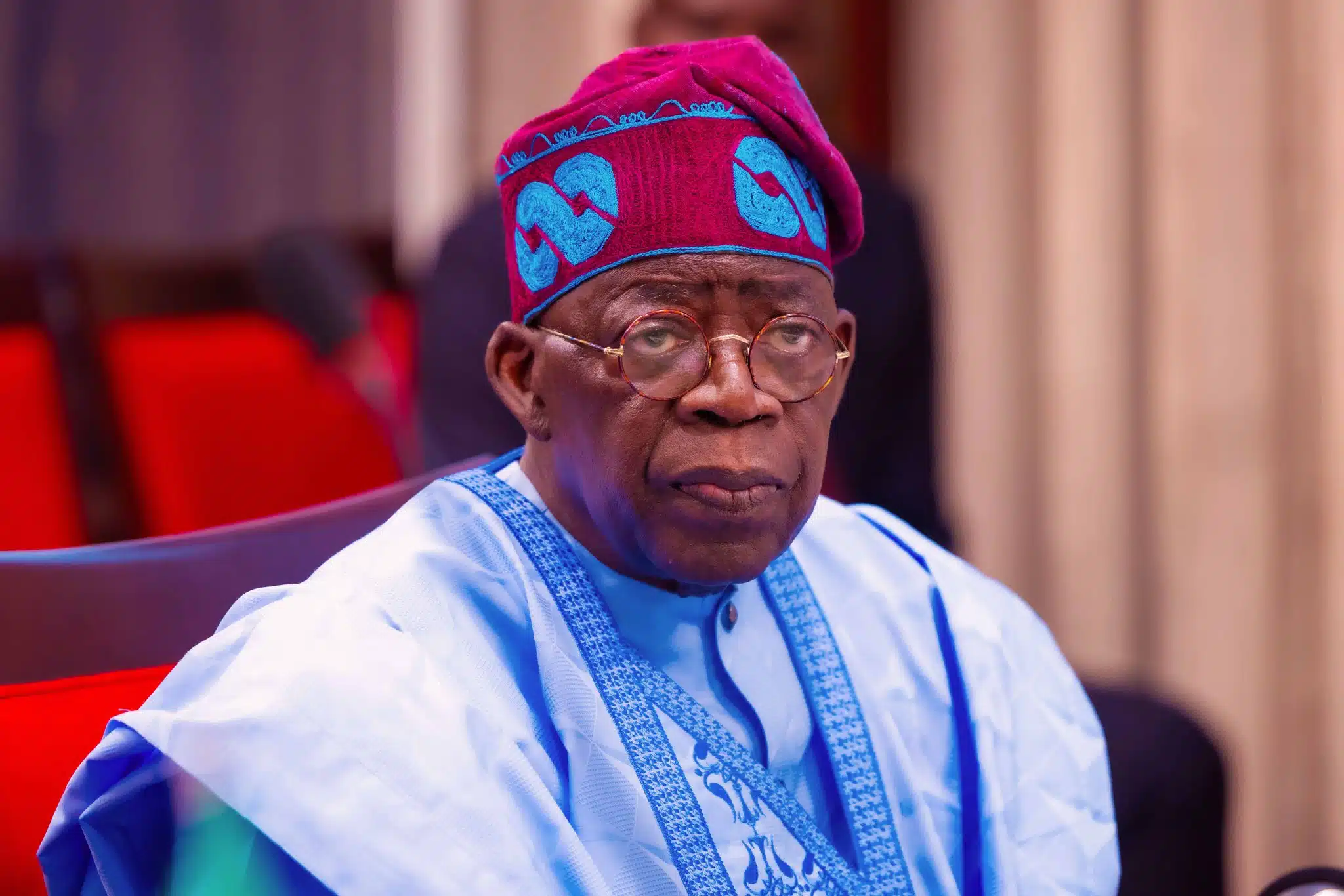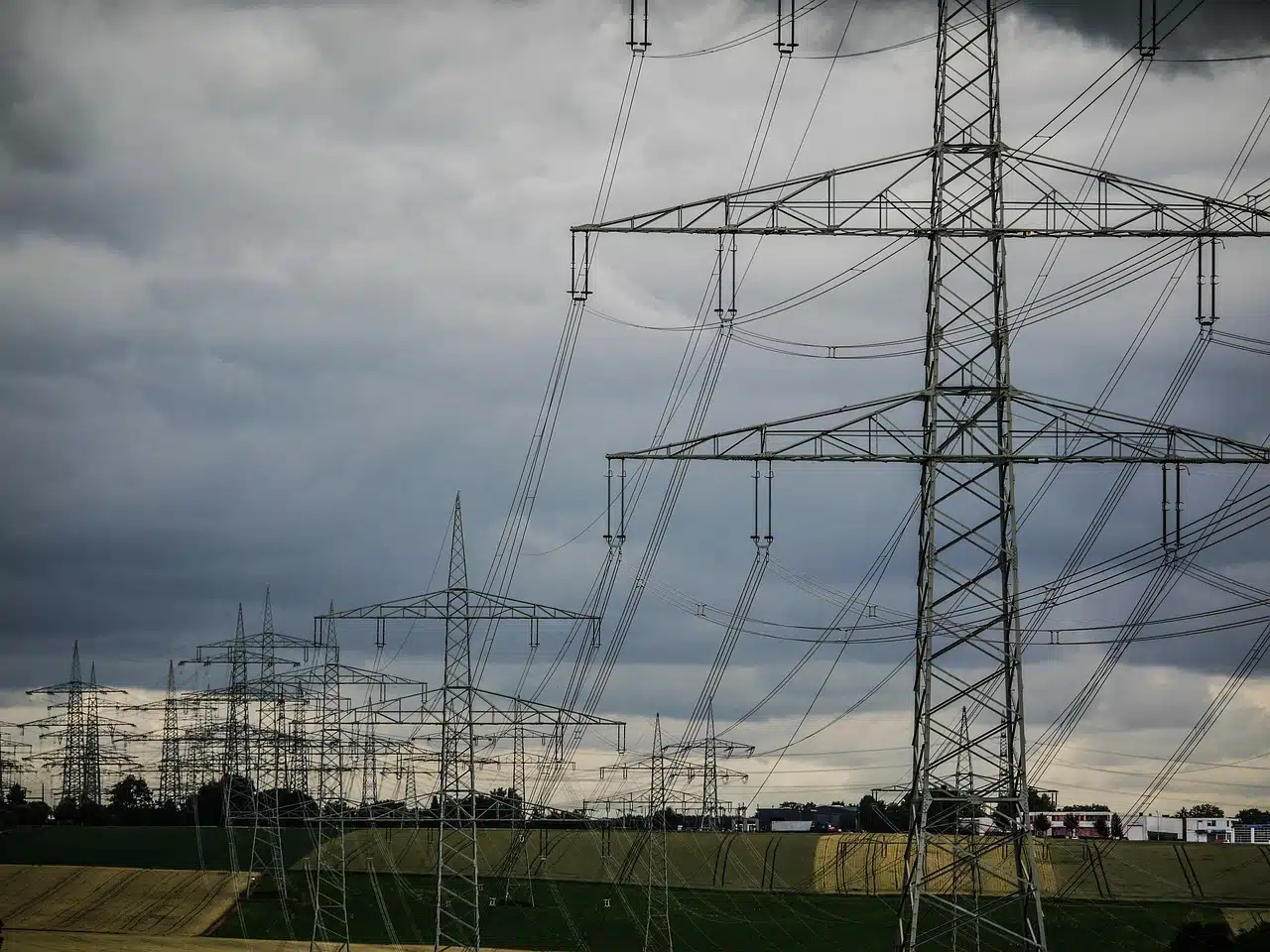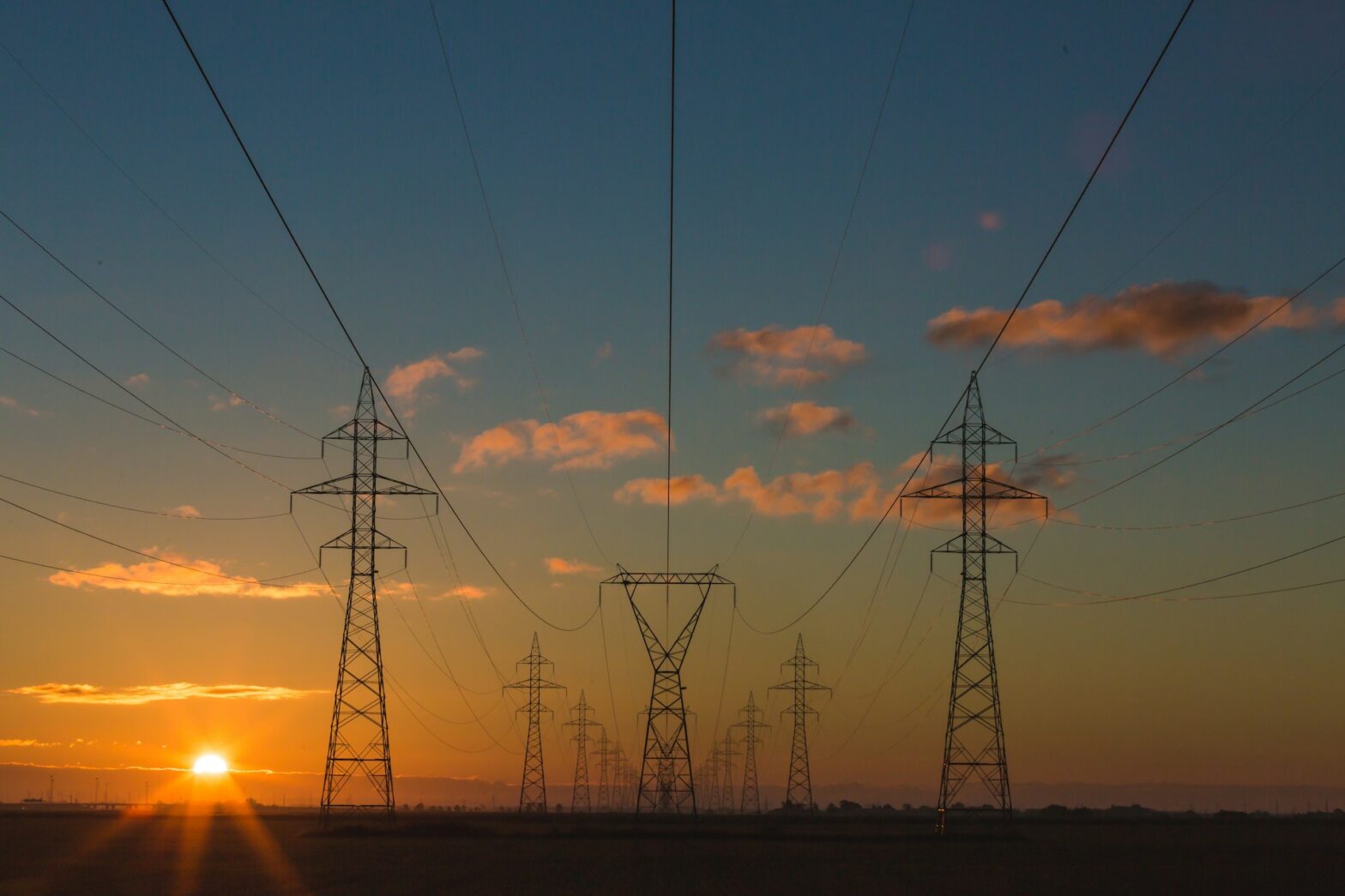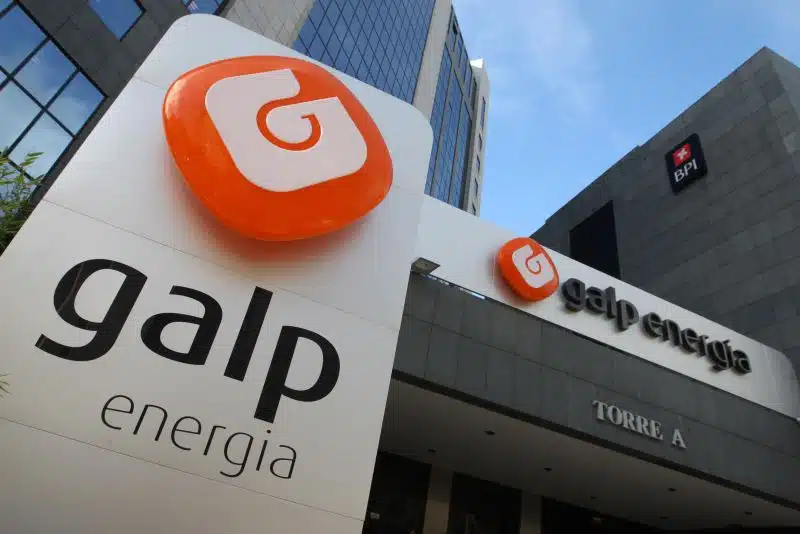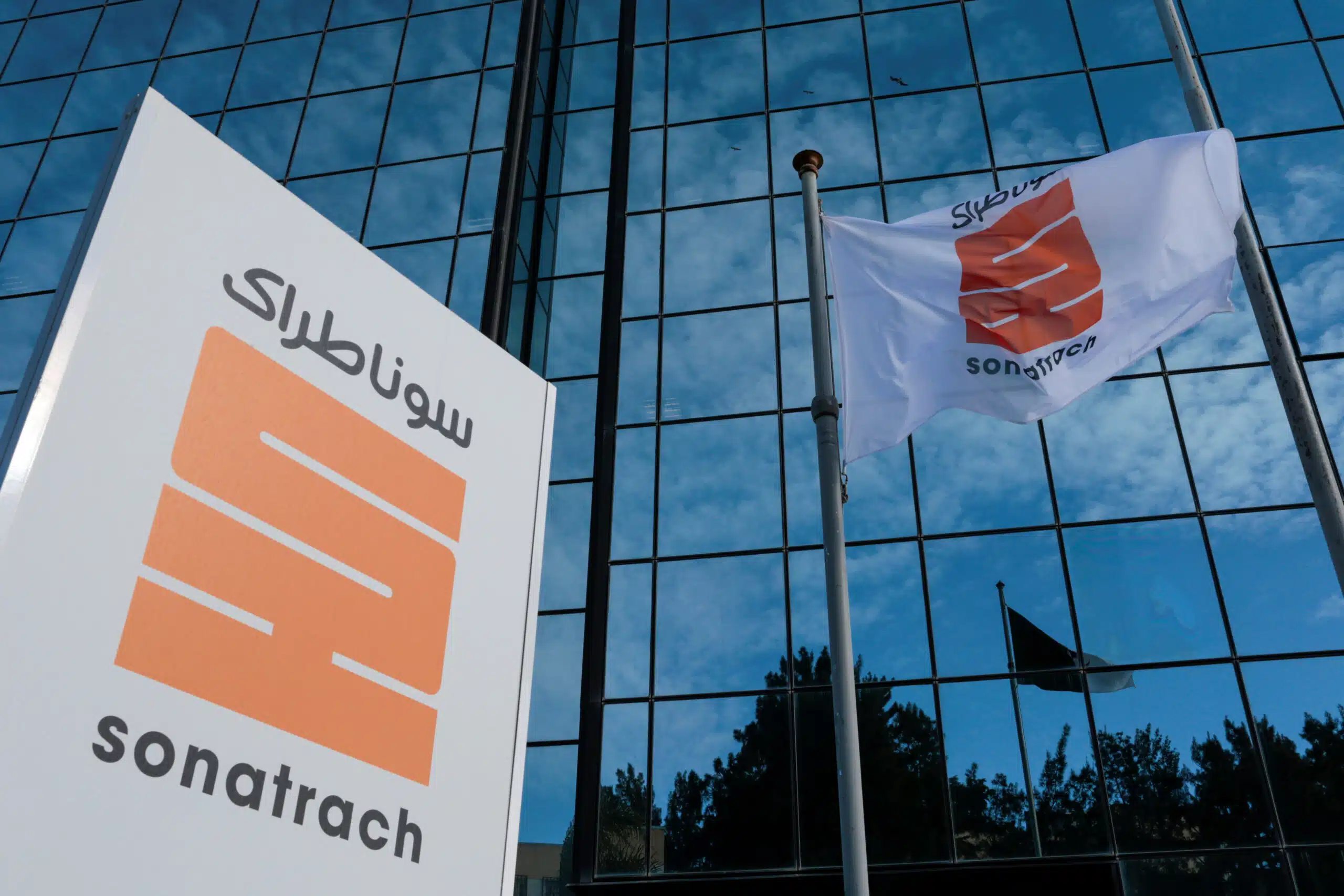Nigeria has approved $2.61 billion (N4 trillion) to offset electricity sector debt and bring stability to the country’s power generation industry.
Speaking to reporters after the Federal Executive Council (FEC) Meeting in Nigeria’s capital, Abuja, Finance Minister Olawale Edun said the president, Bola Tinubu has approved the funds to pay off debt owed to power generation companies (GenCos).
“It is now fully approved, and we move to implementation,” Minister Edun said.
The debt, primarily owed to 27 power generation companies for outstanding invoices between 2015 and 2023, has stifled investment in the industry and worsened power outages in Africa’s most populous nation.
The debt payment is part of the Presidential Power Sector Bond Programme, designed to settle verified legacy and recent debts owed to GenCcs and restore liquidity across the electricity value chain.
The development follows a pledge by President Bola Tinubu to settle the debt owed by the federal government to the generation companies.
During the July meeting with representatives of generation companies, President Tinubu pledged to settle the claims following verification of the debt claims.
The FEC, chaired by President Tinubu, approved the plan on Wednesday.
Details of the debt payment plan
Minister Olawale Edun said the refinancing would be executed within three to four weeks under the oversight of Nigeria’s debt management office.
The plan will likely involve bond issuances and other instruments to spread out the repayment liability over time.
During the July meeting with GenCos and the Nigerian government, the Special Adviser to President Tinubu on Energy, Olu Verheijen, made a statement.
She said the Nigerian Bulk Electricity Trading Company (NBET), the agency that mediates contracts between GenCos and the government, has so far validated $1.2 billion (N1.8 trillion) of these claims.
The GenCos will receive the debt owed to them only after successful validation of their claims.
Nigeria’s government is also reviewing Power Purchase Agreements (PPAs), Gas Supply Agreements (GSAs), and validating outstanding debt claims.
This aligns with broader electricity sector reforms, including a 35% cut in electricity subsidies and tariff hikes for urban consumers, measures expected to save the government around N1.1 trillion, or around $718.58 million, annually.

